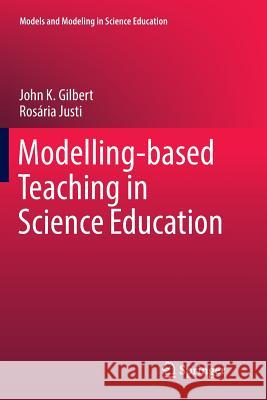Modelling-Based Teaching in Science Education » książka
topmenu
Modelling-Based Teaching in Science Education
ISBN-13: 9783319804781 / Angielski / Miękka / 2018 / 264 str.
Kategorie:
Kategorie BISAC:
Wydawca:
Springer
Seria wydawnicza:
Język:
Angielski
ISBN-13:
9783319804781
Rok wydania:
2018
Wydanie:
Softcover Repri
Ilość stron:
264
Waga:
0.40 kg
Wymiary:
23.39 x 15.6 x 1.52
Oprawa:
Miękka
Wolumenów:
01











